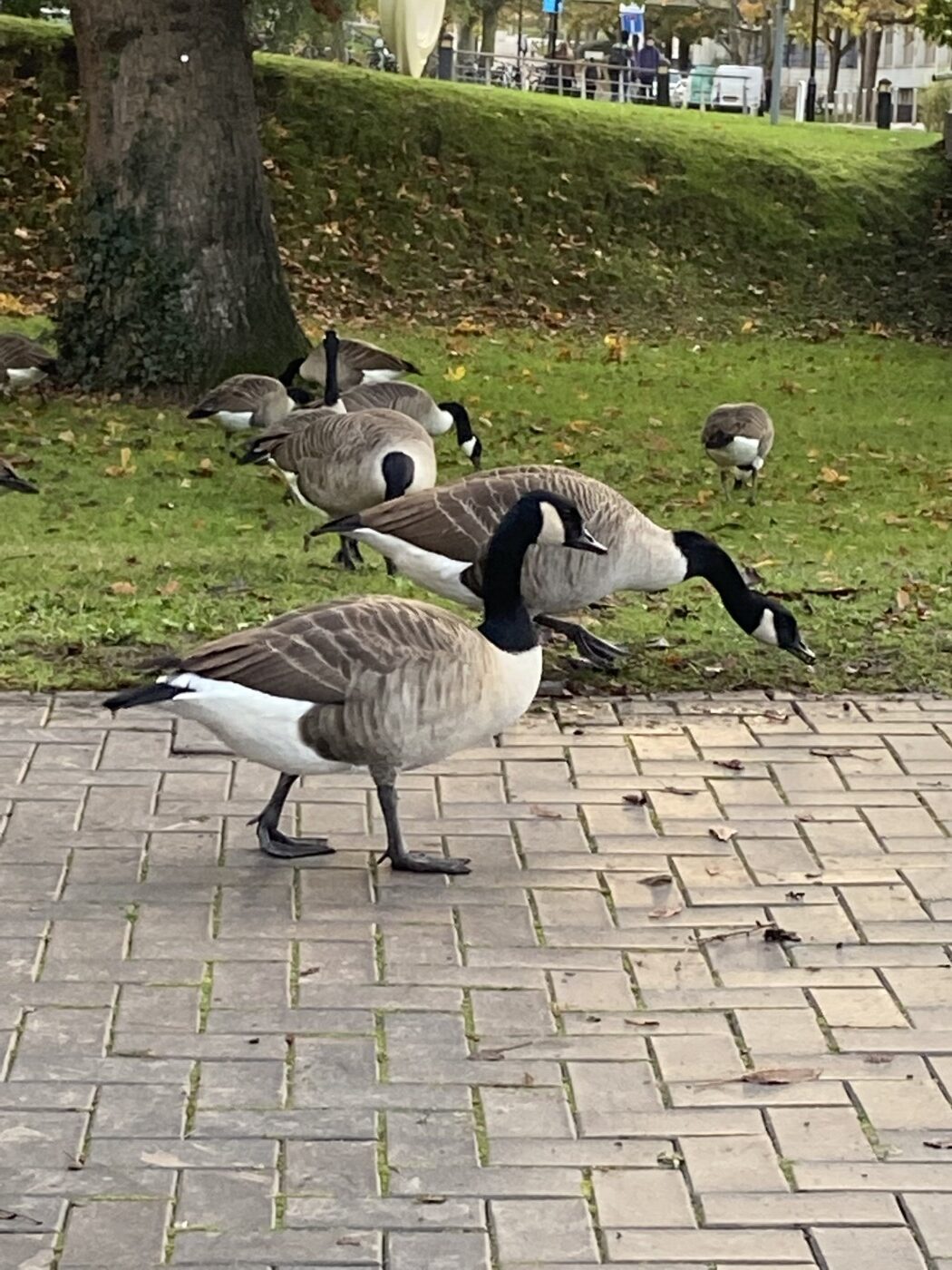Bird flu cases confirmed in Coventry
Cases of bird flu have been found in Coventry, the government has confirmed.
According to the Department for the Environment, Food, and Rural Affairs (Defra) and the Animal and Plant Health Agency (APHA), there is avian influenza A(H5N1) in wild bird populations in the city.
The UK Health Security Agency (UKHSA) has urged people in Coventry not to touch any sick, injured or dead wild birds, after reports of dead swans and Canada geese in locations such as Swanswell Park and Quinton Pool.
Sarah Smith, UKHSA West Midlands Consultant in Health Protection specialising in avian influenza, said: “The A(H5N1) strain is currently the most common strain of bird flu in this country and is highly pathogenic to other birds.
“The risk to the public from avian flu remains very low, however it is possible for humans to catch the virus, so it is vital that people do not touch any sick or dead birds or have contact with their droppings, eggs, or bedding, which may also be contaminated.
“As a precaution, anyone who has been in direct contact with a sick or dying bird in an area where the infection has been confirmed will require close monitoring and follow-up with UKHSA.”
An ‘Avian influenza Prevention Zone’ has been declared across Great Britain following an increase in the number of bird flu cases.
Coventry City Council and UKHSA West Midlands are working together and liaising with Defra and APHA to manage the situation and protect public health and reduce the risk to other birds, wildlife, and pets.
Dr Allison Duggal, Director of Public Health at Coventry City Council, said: “It is important to say that now we have confirmed that these cases are bird flu, we need to take appropriate action. People do not need to be alarmed by this development, but we are urging people to be sensible and cautious.
“Avian flu is an infectious virus which spreads among birds, but it is very unusual for humans to be affected. However, it is possible for humans to catch the virus through close contact with an infected bird, dead or alive. Therefore, it is very important that you do not touch any sick or dead wild birds you may find.”
Bird flu has been reported around Coventry at numerous points throughout the year. In January, the illness was found to have caused the deaths of water fowl at Swanswell Park, and it was found in geese in Cannon Hill Park.
Defra also confirmed an outbreak of bird flu at Kingsbury Water Park in June.

Comments